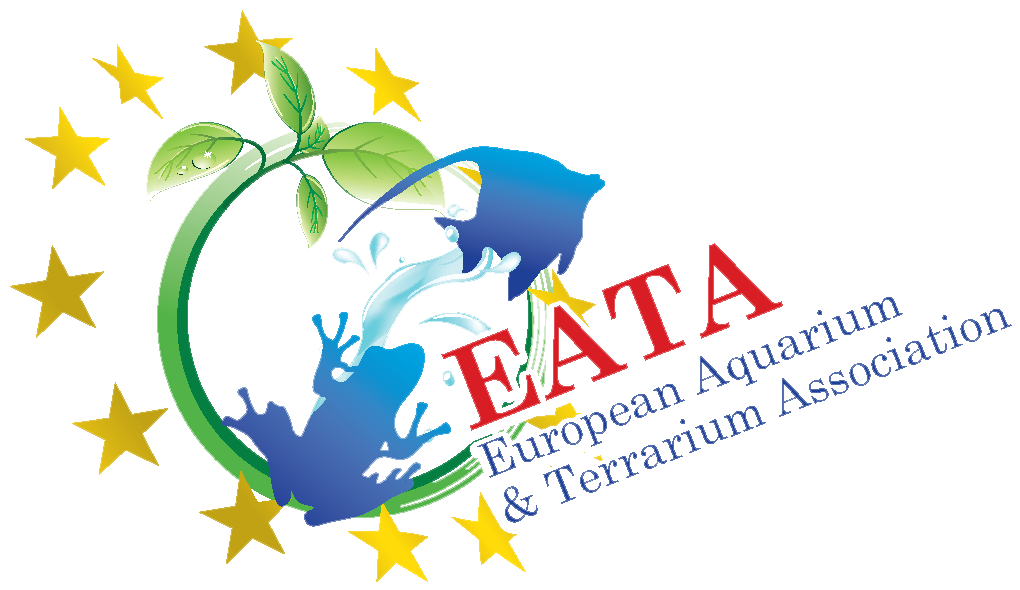VDA statement on EU Green Week
EU wants to save biodiversity - and forgets to involve its citizens!
On the occasion of the European Commission's Green Week (https://www.eugreenweek.eu/en/week-overview), the Association of German Associations for Aquarium and Terrarium Studies (VDA) reminds that an important pillar of species protection and conservation has so far been supported by the EU is almost completely ignored: those citizens who have been actively involved for decades in the protection of species, in the acquisition of knowledge about threatened species and their conservation through breeding.
The EU biodiversity strategy until 2030 focuses on the protection and restoration of natural habitats, but the question of how the biodiversity known to us can actually be saved in the face of ever-smaller natural refuges, climatic changes and the ongoing overuse of natural resources by humans, stays open. Over 40 percent of global amphibian species have long been threatened with extinction. The biodiversity as we know it can hardly be preserved even remotely without the thought of “arks”. Dedicated and very knowledgeable aquarists and terrarium keepers from the VDA are therefore involved in conservation breeding projects for endangered fish and amphibian species.
In view of these circumstances, from the VDA's point of view, it is both surprising and regrettable that the EU, as part of its biodiversity policy, only assigns the role of spectators to citizens instead of actively involving them. After all, Europe has a tradition of over 100 years of involvement of citizens in gaining ecological knowledge through the keeping and breeding of many species of fish, amphibians, reptiles and other animal species in private hands. The real experts in dealing with many of these animal species and many too Plant species are mostly private individuals with a lot of commitment, which are valued by science and zoological gardens for their knowledge and experience.
VDA President Jens Crueger therefore demands: “In future, the EU strategy should also focus on projects in which competent private owners, together with conservationists, zoological gardens and scientists, form so-called 'conservation networks' in order to save endangered fish, amphibians and reptiles from extinction."

